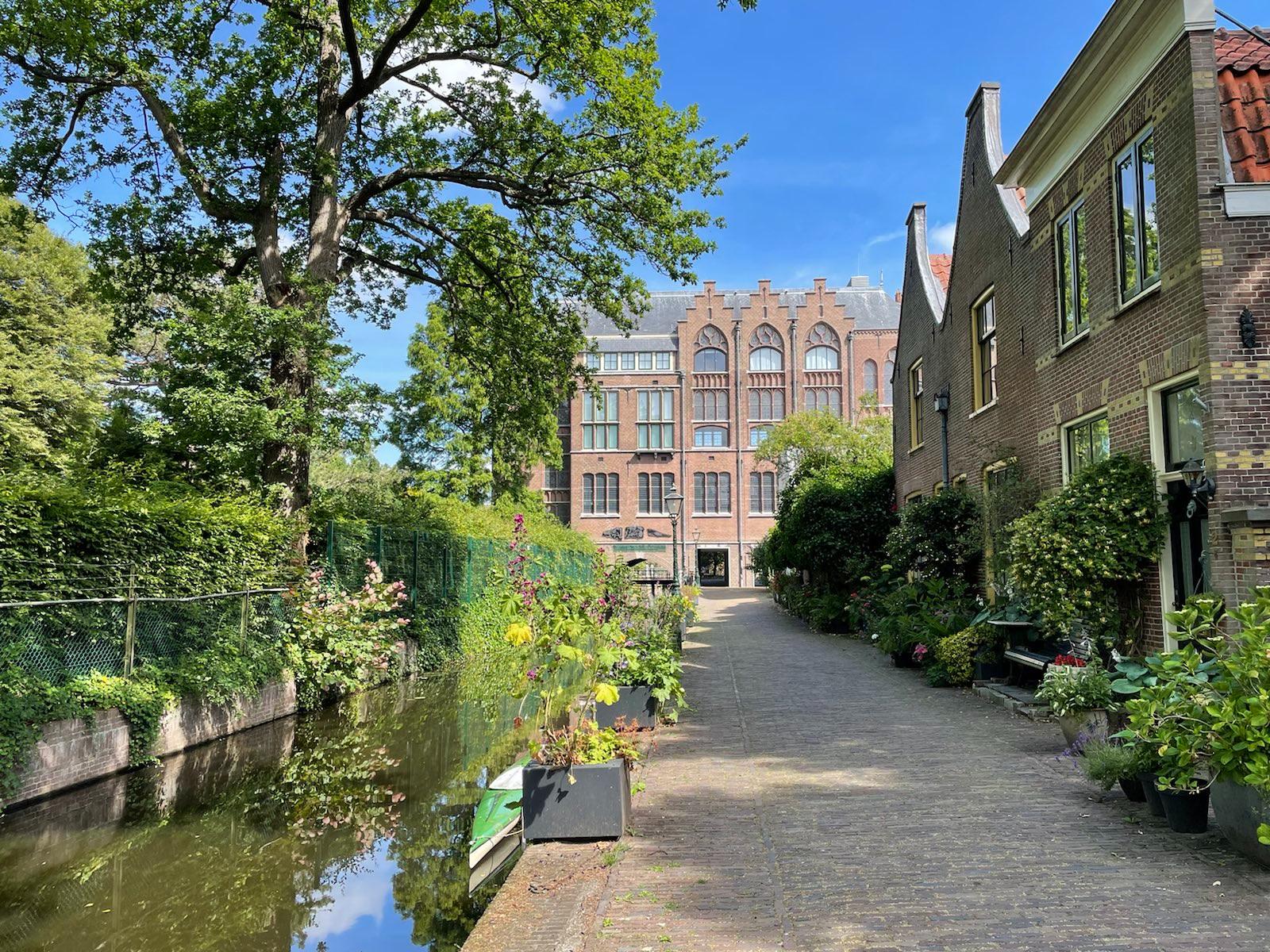What about the costs of gas, water and electricity? Is this arranged for you by the landlord or housing corporation? Or do you have to arrange everything yourself as a tenant? Or is it a combination? Are you both responsible for part of it? There are no clear rules or guidelines for this. It is even possible that your landlord has different agreements with your neighbour than with you.
So, find out which agreements apply to your room, studio or flat.
- If you rented your new house via Universiteit Leiden SCIS Housing, the advertisement will state whether gas, water and electricity is inlcuded or whether you have to do this yourself. If you do not remember, you can look it up in your rental contract. Won't that tell you anything? Then contact your landlord or housing corporation to ask whether you still have to take care of your gas, water and electricity yourself. Sometimes a landlord will include these costs (partly) in the service costs.
- Does your landlord or housing corporation arrange everything for you? Great, then you don't have to do anything yourself. You pay a monthly advance and the landlord or housing corporation is obliged to settle the actual consumption with you annually. If you use little gas, water and electricity, you may get a refund. Do you use a lot of gas, water and electricity? Then you will probably have to pay extra.
- Do you have to arrange your own gas, water and electricity? If you live in Leiden and surroundings, you will have to rely on
Dunea . You can notify them of your move online within five minutes. For your gas and electricity, you can sign a contract with an energy supplier yourself. Some neighbourhoods are connected to district heating. In this case, you do not have a central heating boiler and are dependent onVattenfall . If you have district heating, you cannot choose another supplier. - Are you looking for a supplier for gas and electricity? Then there are many different suppliers, each with their own rates and contracts. It can be difficult to compare all the suppliers properly. That's why there are websites that help you with this, examples of which are
de Consumentenbond ,Independer andPricewise . Choose a provider that suits your situation and your ideals. Read here (link to: Tips for choosing a new energy supplier) the tips you can pay attention to when entering into a new energy contract.
Take care! No matter how you pay for gas, water and electricity. You always pay an advance that (normally) is settled after a year on the basis of your actual consumption.
In order to set up an contract with Dunea or an energy supplier, you will need to have a BSN number and a Dutch bank account.
Compare tips for choosing an energy supplier
Is this your first time signing a contract with an energy supplier? Did you know that if you already have an energy supplier and you move house, you can usually take the contract with your current supplier with you? Do you not yet have an energy supplier or are you ready for a new contract? Then it is important that a supplier suits your situation and your ideals. The comparison websites (such as
- The duration of the contract. Is it terminable monthly or does it have a minimum term? If you do not yet know exactly how long you will be living in your new room, studio or flat, it may be wise to opt for a variable contract, which you can terminate monthly. If you opt for a contract with a fixed term, it is smart to also choose fixed tariffs. Otherwise the supplier can raise the prices in the meantime, without you, the customer, being able to switch without penalty.
- The rates. The comparison websites often ask for an estimated consumption. This is because the price you pay for gas is made up of various components. The monthly amount is determined by the energy tariff, the costs of transporting the energy, VAT, standing charges and the energy tax. By carefully estimating your consumption, you can find out as accurately as possible which provider is the cheapest in your situation. If you have no idea, you can always ask the previous occupant about his consumption.
- Discounts for new customers. Many energy suppliers give new customers a substantial discount, a welcome bonus. Great! Be aware, however, that this can expire if you do not keep to the agreements made. Some suppliers will not give you the welcome bonus if you end your energy contract prematurely or if you do not have enough money in your account for the direct debit.
- Is sustainability important to you? Then pay attention to which supplier is the most sustainable and supplies the greenest electricity. Sometimes you can also indicate that you would like to receive green electricity from the Netherlands.
-
You can also look at the extra services a supplier offers. Some energy suppliers have an app for keeping track of your consumption, while others offer help in saving energy.
